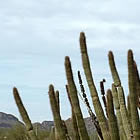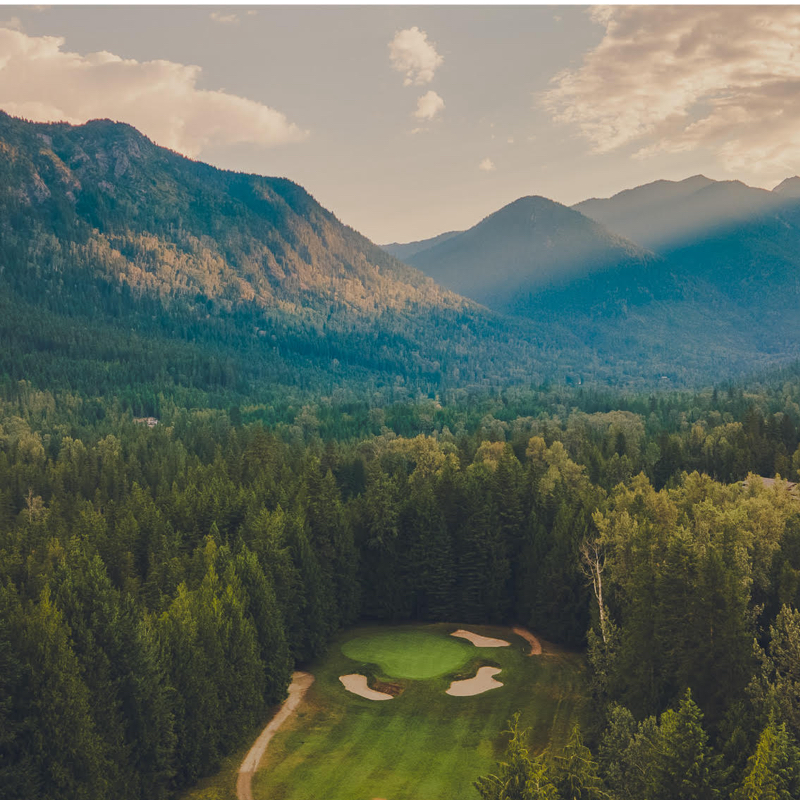Reaching up to the gods
Check out these hikes and climbs in Zion National Park

The Grand Canyon: spectacular in every way—massive—awesome! Perched above the rim, watch the Colorado River wind its way along the canyon floor as far as you can see.
Zion Canyon—up close and personal—intimate! Stand on the floor of the canyon; feel the closeness of the multi-textured rocks that protect you. Look up at the surrounding walls of rock and know that the gods summon you to climb and explore.
The Virgin River is to Zion Canyon what the Colorado River is to the Grand Canyon—a reminder of how it has taken millions of years of wind, rain and erosion to create the ever-changing textures. The white lime layers through the multi-coloured Navajo sandstone strata craft at least seven other stratifications down to the Virgin River.
Shuttle buses move quietly and slowly along the canyon floor stopping here and there so visitors can get out and hike, climb or explore.
A spiritual purpose
The early Mormon settlers celebrated Zion as a spiritual sanctuary. The Court of the Patriarchs consists of three massive peaks that are just one example of the Mormon influence in the park. The Mormons saw the canyons as temples where man could worship in safety.
Hikers are in their glory. Whether they are beginners or experienced canyoneers, there is a trail to meet nearly every level of difficulty and the opportunity to explore and appreciate the natural serenity and phenomena of the place.
Angels Landing is a popular five-mile-long steady climb that reaches 1,488 feet. The first two miles are paved and well-maintained. This is a good early morning hike. Most of the path is sunny, but the last half a mile runs across a narrow sandstone ridge with sheer cliffs at high elevations, taking hikers along a narrow fin. Some advice: Angels Landing is not for children or those who fear heights; don’t stand near the edge, and don’t hike when it is wet, stormy or windy.
Free climbing is one of the favourite activities in the park. Zion is a place of challenge: the opportunity to work your way up to the summit and view the world from the top of one of the big walls that encase the canyon. Free climbing is the art of climbing a rock face without the use of equipment for upward motion. You can only use your arms, hands and other essential body parts to climb. The gear is used for protection only.
Excellent climbs
For climbers, Zion Canyon is arguably the country’s most stunning big wall and multi-pitch free climbing destination. Almost the entire Zion Canyon is bound by big walls ranging from 800 to 2,500 feet in height. By comparison, Yosemite Valley (the most popular climbing area in the United States) has a dozen or so vertical big walls.
The Zion Canyon offers climbs that are considered sports wall-type climbs with almost no approach, and you can bail at any point on solid anchors. Others climbs involve days of intense climbing, bushwhacking through slopes covered with cacti, and spending nights suspended from an overhang in specially designed hammocks.
The main type of rock is Navajo sandstone, which is soft and unpredictable. The rock tends to take some getting used to. Face holds may be rounded or sandy, and the cracks are generally vertical, have poor rests, and few face holds. What stands out about the free climbing in Zion is how wildly varied the cracks are. You can climb face holds on bullet-proof dark varnish or jam straight into parallel-sided cracks.
Canyoneering is another outdoor adventure sport gaining a foothold in Zion. Canyoneering is a combination of hiking, rappelling and rock climbing, and it demands greater skill and technical knowledge. Guided rock climbing and rappelling tours are not allowed in Zion Narrows, but there is a group (Zion Ponderosa Ranch) that offers a guided canyoneering adventure. The Zion Narrows, along the River Walk at the far end of the Temple of Sinawava shuttle stop, is one of Zion National Park’s more popular slot canyons. It was recently ranked fifth on National Geographic’s 100 Best Adventures.
Visitors come from all over the world to experience the natural splendour and serenity as well as the challenges of the Zion Canyon.








